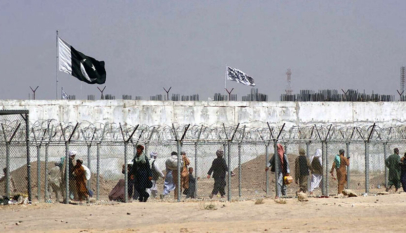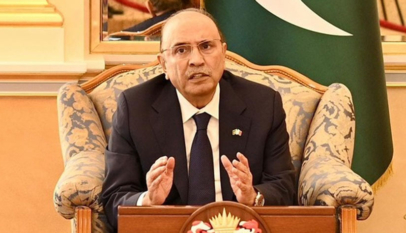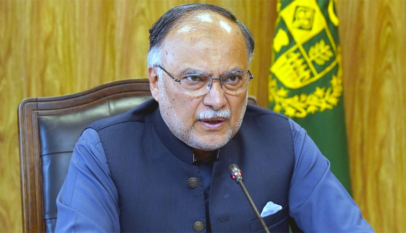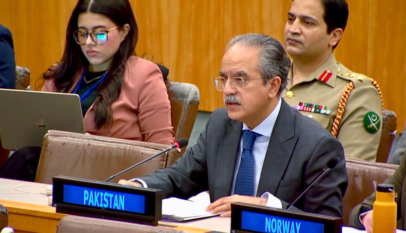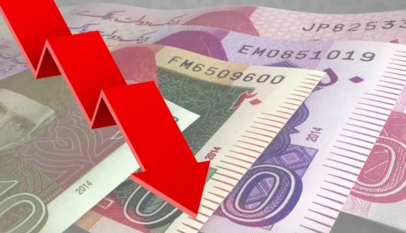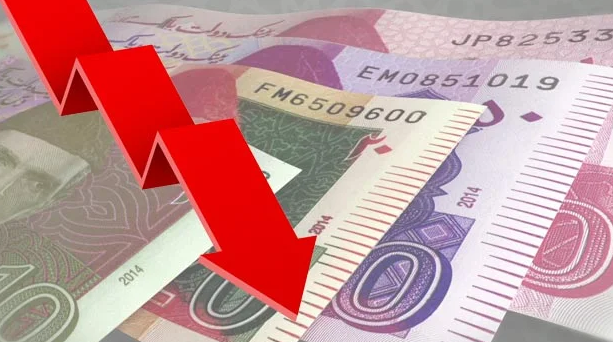
By Abdullah Jamal
Currency devaluation is a situation when a country intentionally lowers its currency value against other currencies. This action has important effects on trade, especially in a country like Pakistan which is dependent on exports. Let’s examine in detail the effects of currency devaluation on trade of Pakistan.
To start with, devaluation increases the competitiveness of the exports in the international market. When the Pakistani rupee is devalued against other currencies, the foreign buyers have to pay relatively lower charges to purchase the same amount of goods. This results in higher probability of increase in exports as the foreign consumers and businesses are likely to opt for Pakistani products after devaluation. Major export industries of Pakistan including textiles, leather products and agro-based goods will enjoy the benefits of currency devaluation.
On the flip side, although devaluation boosts exports, it also makes imports pricier. Pakistan imports a large number of commodities for domestic consumption including oil, machinery and electronics. With a fall in the value of rupee, the prices of these importations go up and the import bills become inflated. Such a rise in imports puts upward pressure on the domestic inflationary pressures of the economy, as the increased import costs are usually passed on to the consumers by way of higher prices of goods and services.
Moreover, currency devaluation also affects the balance of trade of a country which is the difference between exports and imports of a country. In the short run, devaluation positively affects the trade balance as exports increase and imports decrease due to the high import prices. However, in the long run, the advantages of devaluation are negated by the rise in import costs and inflation, thus worsening the trade balance.
Lastly, currency devaluation affects the foreign investments in Pakistan. Although a weak currency makes exports lucrative, it also sends a signal that the economy is not stable enough to protect the foreign investments. The foreign investors usually refrain from investing their capital in a country with a falling currency as they fear their returns will further be eroded.

















